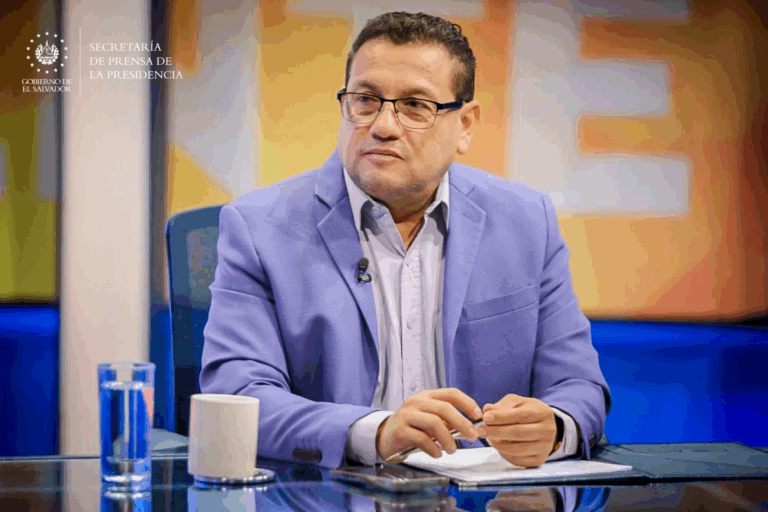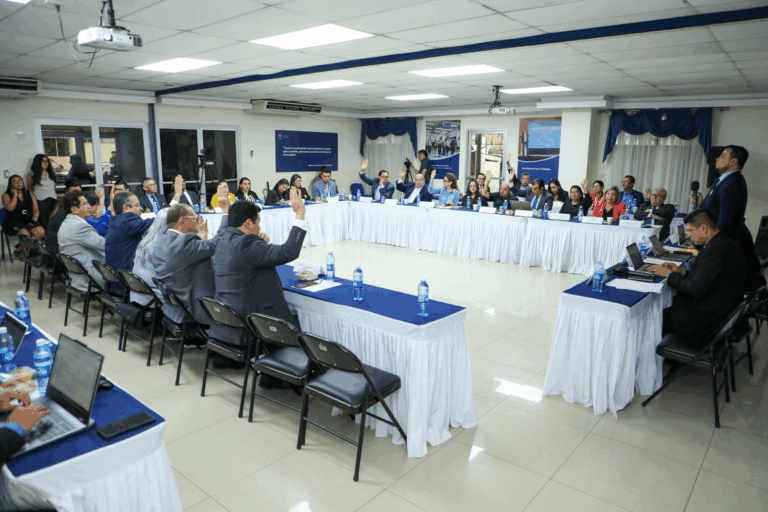The Ministerio de Trabajo y Previsión Social de El Salvador (MTPS) announced a historic commitment to address labor informality, an issue that has been positioned as a priority for the government. This approach is consolidated with the recent establishment of the Higher Labor Council, a key body that brings together employers, workers, and the government, setting a precedent for tripartite dialogue.

This council, described by Minister Rolando Castro as the most representative and legitimate in the country’s history, has the main objective of building consensus and strengthening labor justice. According to the official, for the first time, the three sectors have equitable representation, ensuring that the decisions made reflect the interests of all stakeholders in the labor world.

Business representation on the council is remarkably broad, with 70% of unions and 95% of the productive sector participating. This inclusion ensures that the policies formulated promote a climate of trust and stability, essential elements for El Salvador’s economic growth.
A recent study by the MTP revealed that informality disproportionately affects certain groups, especially young people between 16 and 25 years of age and adults over 55, with women being particularly vulnerable. This finding underscores the urgency of implementing inclusive public policies that guarantee access to financial inclusion for these sectors.

In his commitment to dignifying employment, minister Castro indicated that work is underway to draft bills to be presented to the president, with the goal of formalizing employment and protecting workers. The creation of this council demonstrates the Salvadoran government’s proactive approach to modernizing its labor framework and improving the quality of life of its citizens.







